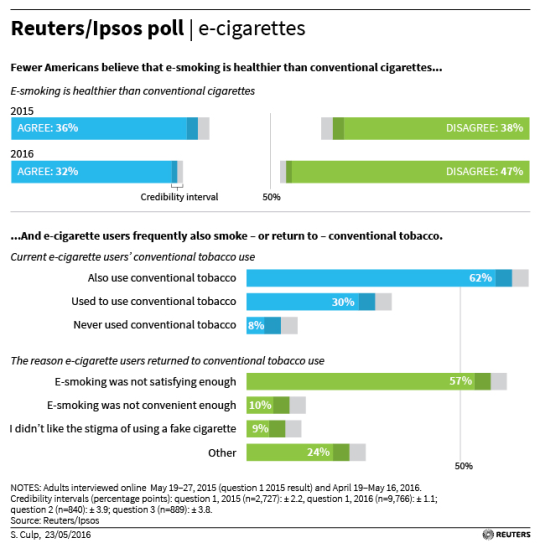So. Speaking as someone who identifies as queer (NOT that this should matter because purity politics are the worst), I think Pride Toronto’s decision to ban policemen in uniforms from pride this year is pretty gross.
I can’t believe that after all the outcry about Rob Ford not going to pride, we’re sticking up our noses at the thought of the establishment showing their support for us. I don’t understand how dialogues and reparations can even begin if one side refuses to even be in the same space as the other. Common ground is absolutely essential for building rapport, and we’re destroying what little we have.
And if you believe that all policemen live in insular, hate-filled bubbles, why would you want to deny them a chance to leave it? And if you think that the awful relationship that police have historically had with the queer community justifies banning them, why doesn’t this argument extend to mayors and prime ministers?
Regarding queer people who have had a bad experience with policemen and feel genuine fear at having to be near them, I absolutely empathize. They’ve constantly turned a blind eye to our pain, and punished us disproportionately through the over-surveillance of places that we gather.
And if it was any other city, I would think that that’s a pretty big deal. But look, Toronto is really, fantastically, gay. The pride parade isn’t your only option during pride month, to celebrate being you. There’s dozens of really cool smaller events going on through the month, those that aren’t as corporate and visible as the parade. I encourage you to go to them, even if you don’t specifically need a safe space away from cops. But policemen had one event that they had to go to and participate in. That number is now zero. This isn’t progress.
I remember the world being amazed at the wonderful photos of our rainbow-decked police force every summer, a symbol of Canada’s real, amazing progressiveness. As a young person coming to terms with my queerness, it meant the world to me that my country and my institutions would support me, even if my family wouldn’t.
The thought that these photos won’t happen this year breaks my heart. I don’t like the messages that this sends – that police and uniforms aren’t to be trusted by the queer community*, and that the queer community is picky and difficult to work with (in the case of any organization or institution that was thinking of helping us).
If you agree with me, help me make a difference. Take a moment out of your day and jot out a tweet or shoot a Facebook message at Pride Toronto. give arguments, let them know that the people against this decision aren’t just racists and Facebook trolls. pride’s still a while away, i’m sure we can change this if we put our minds to it.
*Ok look, this is true. I don’t want to make any excuses for the gross negligence that is the way the Toronto Police Force treats the queer (and other minority) communities. But I don’t think the answer lies in a withdrawal from their services.


